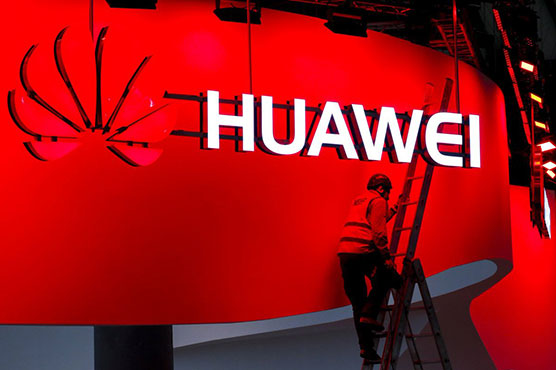Replacing Huawei network expensive, unnecessary: US telecoms provider

The main push behind the move is the allegation that the equipment could be used for spying.
MONTANA (Reuters) - Lawmakers in the U.S. are considering giving 700 million U.S. dollars to help American telecoms firms remove Huawei equipment from their networks, but small firms worry about the negative impact this will have, saying the replacements will be expensive, time consuming and unnecessary.
In the northeastern corner of the U.S. state of Montana, just a few kilometers south of the Canadian border, lies the quiet town of Scobey.
According to a recent survey, Scobey is among the top three "hardest to reach” small towns in America. But the region’s wireless provider, along with many others across rural America, have found itself at odds with U.S. authorities.
Nemont Telephone Cooperative relies on Huawei equipment, but U.S. President Donald Trump and the Federal Communications Commission argue that this is a security risk and want it removed.
"Nobody in their right mind would shut down a network and shut down public safety. Sometimes I equate it to flying in a jet with two engines. And you want to replace one of the engines while you’re at 30,000 feet. Probably not a good idea," said Mike Kilgore, CEO of Nemont Telephone Cooperative.
The main push behind the move is the allegation that the equipment could be used for spying.
"If any foreign government wanted to spy on us through this type of technology, it wouldn’t matter if this equipment is from China or the U.S. or from wherever," said Kilgore.
Kilgore said, in his experience, that threat is over-hyped.
"In the United States, we have a Constitution. We have due process. We are innocent until proven guilty and all of that, right? So less pride in the guilt. But that sort of guilt is not real apparent to the operators that are using this equipment today," he said.
Although the area is home to some stunning scenery, it is not a lucrative region for cellphone network coverage, with just 20,000 people living in an area of around 50,000 square kilometers.
Kevin Rasmussen has farmed in Montana for 28 years. A nearby communications tower allows him to keep up to date with the latest planting data as well as vital weather reports. But more importantly, if the network is shut down, even temporarily, he is concerned about the safety risks.
"I’ve had friends that had problems before and thank god they had their phone with them, so they could make that phone call. Maybe they’re hurt bad. The other thing as I guess we’ve talk about in this community is, we’ve had some really bad fires in the past, even a couple this year. Without that cell service too, it wouldn’t get taken care of so quickly," said Rasmussen.
Carrie Bennet is the general counsel for the Rural Wireless Association. She says to rip and replace the network would be costly and would take years.
"The money is absolutely not available, make no qualms about this. Our members are relying on Universal Service support as it is. We’ve estimated in our filings with the federal communications that it could be anywhere from three to seven years to replace the networks," she said.
Back in Scobey, Mike Kilgore hopes it doesn’t come to that, given some of his customers rely on older cellular technology that is not easy to replace. Huge swathes of rural America will be watching these developments closely.

